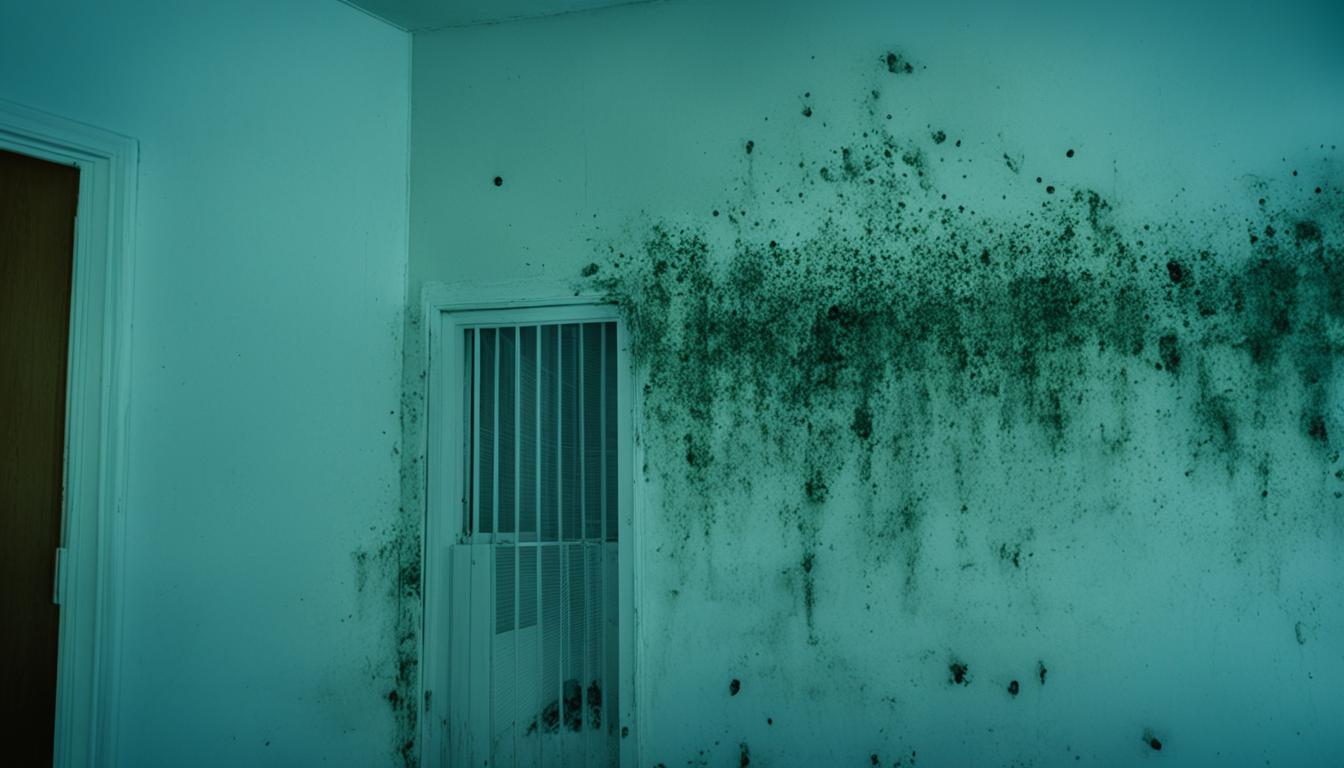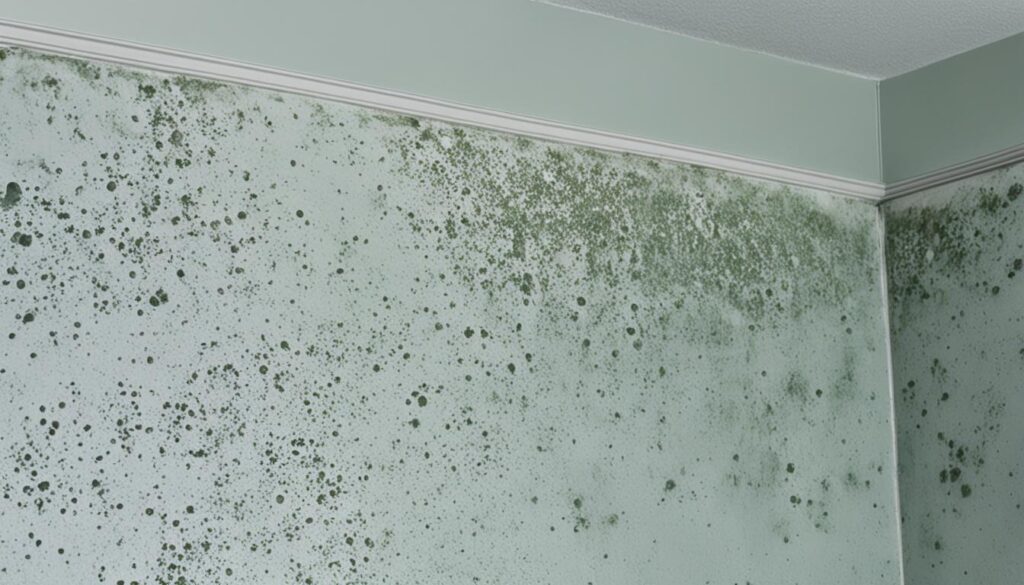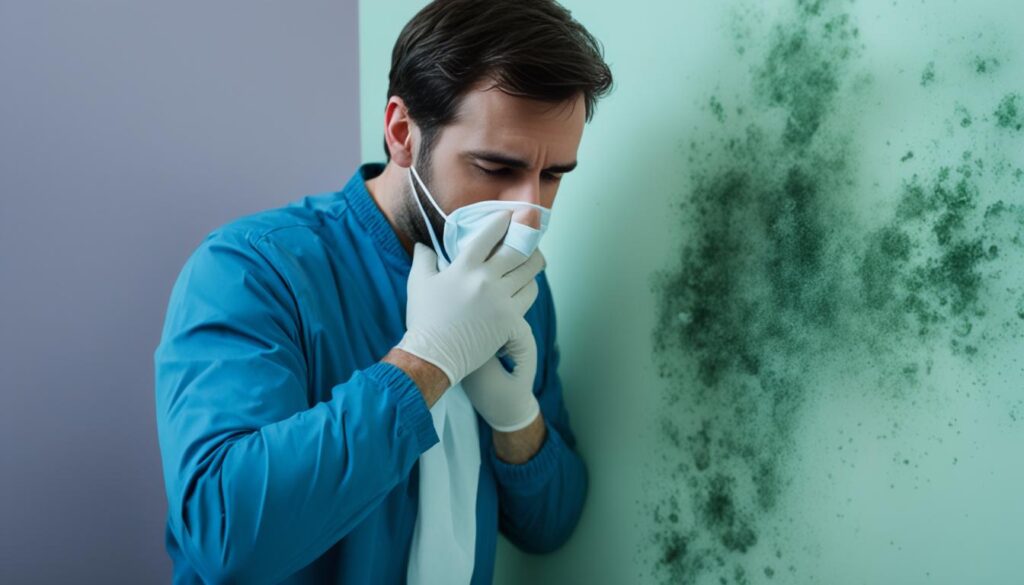
Effects of Breathing Mold: Miami Health Risks
Living in Miami comes with many benefits, from the beautiful beaches to the vibrant culture. However, there is one hidden danger that residents need to be aware of: mold. Breathing in mold can have serious health risks, especially in a humid and warm climate like Miami. It is crucial for individuals to understand the potential dangers associated with mold exposure and take necessary precautions to protect their health.
When it comes to mold, Miami presents an ideal environment for its growth. The combination of high humidity levels and warm temperatures creates the perfect breeding ground for mold to thrive. Unfortunately, this means that indoor air quality in Miami can be significantly affected, leading to potential health issues for residents.
The health risks of breathing in mold are not to be taken lightly. Mold spores can trigger allergic reactions, worsening symptoms for individuals with pre-existing allergies. For those suffering from asthma, exposure to mold can lead to increased respiratory distress and asthma attacks. In addition, mold exposure can also increase the risk of respiratory infections, as it weakens the immune system and makes individuals more susceptible to illness.
Key Takeaways:
- Breathing in mold can have serious health risks, particularly in Miami’s humid climate.
- Mold can thrive in Miami’s warm temperatures and high humidity, affecting indoor air quality.
- Exposure to mold can trigger allergic reactions and worsen symptoms for individuals with allergies.
- Mold exposure can also worsen respiratory issues, such as asthma, and increase the risk of respiratory infections.
- It is important for residents to take necessary precautions to prevent and remediate mold issues in their homes.
The Impact of Mold on Indoor Air Quality in Miami
Mold growth can have a detrimental effect on indoor air quality, especially in humid and warm regions like Miami. The combination of high humidity and warm temperatures create the perfect conditions for mold to thrive in residential spaces, leading to poor indoor air quality.
Mold spores are microscopic particles that can become airborne and circulate throughout a building. When individuals breathe in these spores, they can trigger allergic reactions and respiratory issues, particularly in individuals with pre-existing respiratory conditions such as asthma.
The most common types of mold found in Miami include Aspergillus, Cladosporium, and Penicillium. These molds can release allergenic substances that cause allergic reactions in some people. Additionally, certain types of mold, such as Stachybotrys chartarum (black mold), have the potential to produce mycotoxins, which can be toxic to humans when inhaled or ingested.
To ensure a healthy indoor environment, it is crucial to address any mold issues promptly. Hiring a professional mold remediation company, such as Mold Removal Experts in Miami, can help identify and eliminate mold sources and improve indoor air quality.
“Mold growth can greatly impact indoor air quality, posing health risks to individuals residing in affected spaces. It is essential for Miami residents to take proactive measures to prevent mold growth and maintain a healthy living environment.”
Common Types of Mold Found in Miami:
- Aspergillus: This mold is commonly found in areas with water damage and can cause respiratory infections.
- Cladosporium: This type of mold is known for growing on plants, damp textiles, and wooden surfaces. It can trigger allergic reactions in susceptible individuals.
- Penicillium: Penicillium is often found in water-damaged buildings and can cause respiratory issues, especially in individuals with weakened immune systems.
It is essential for Miami residents to be aware of the impact mold can have on indoor air quality and take the necessary steps to prevent and address mold growth. By maintaining proper ventilation, controlling humidity levels, and promptly addressing any water leaks or moisture issues, individuals can help ensure a healthy indoor environment for themselves and their families.

Health Risks Associated with Breathing Mold in Miami
When it comes to mold exposure, the health risks cannot be ignored, especially for individuals in Miami. Breathing in mold can have serious consequences for your respiratory system and overall well-being.
Allergic Reactions and Asthma
One of the most common health risks associated with breathing mold is the development of allergic reactions. Mold spores can trigger allergic responses in susceptible individuals, leading to symptoms such as coughing, sneezing, watery eyes, and a runny nose. These symptoms can vary in severity, depending on the individual’s sensitivity to mold.
In addition to allergic reactions, mold exposure can also exacerbate asthma symptoms. For individuals with asthma, breathing in mold spores can trigger asthma attacks, causing wheezing, chest tightness, and difficulty breathing. It is essential for asthmatics in Miami to minimize mold exposure to keep their symptoms under control and prevent severe respiratory distress.
Respiratory Infections
Breathing in mold can also increase the risk of developing respiratory infections. Mold spores can irritate the respiratory system, making it more susceptible to infections such as bronchitis and pneumonia. Individuals in Miami who are exposed to mold on a regular basis may experience recurring respiratory infections, which can significantly impact their health and quality of life.
Mycotoxins: Toxic Effects on the Body
In addition to respiratory issues, mold has the potential to release mycotoxins, which can have toxic effects on the body. Mycotoxins are substances produced by certain types of mold and can enter the body through inhalation. These toxins can affect various organs and systems, leading to symptoms such as fatigue, headaches, nausea, and even neurological problems.
It is crucial to address mold issues promptly in Miami to protect your health and well-being. If you suspect mold growth in your home or experience any mold-related health symptoms, it is recommended to seek professional help for proper assessment and remediation.

“Breathing in mold can have serious consequences for your respiratory system and overall well-being.”
Conclusion
In conclusion, the effects of breathing in mold can have detrimental impacts on the health of Miami residents. The warm and humid climate in the region creates the perfect conditions for mold growth, leading to poor indoor air quality. This can result in a range of health risks, including allergic reactions, respiratory infections, and asthma.
It is crucial for individuals in Miami to address mold issues promptly to safeguard their well-being. By contacting Fix Mold Miami at 305-465-6653, residents can schedule a mold assessment to identify and remediate any mold problems in their homes. Taking proactive measures to prevent and eliminate mold is an essential step in maintaining a healthy living environment.
Don’t let mold compromise your health. Act now to protect yourself and your loved ones. Reach out to Fix Mold Miami today and take control of your indoor air quality. Remember, a healthy home is a happy home!




